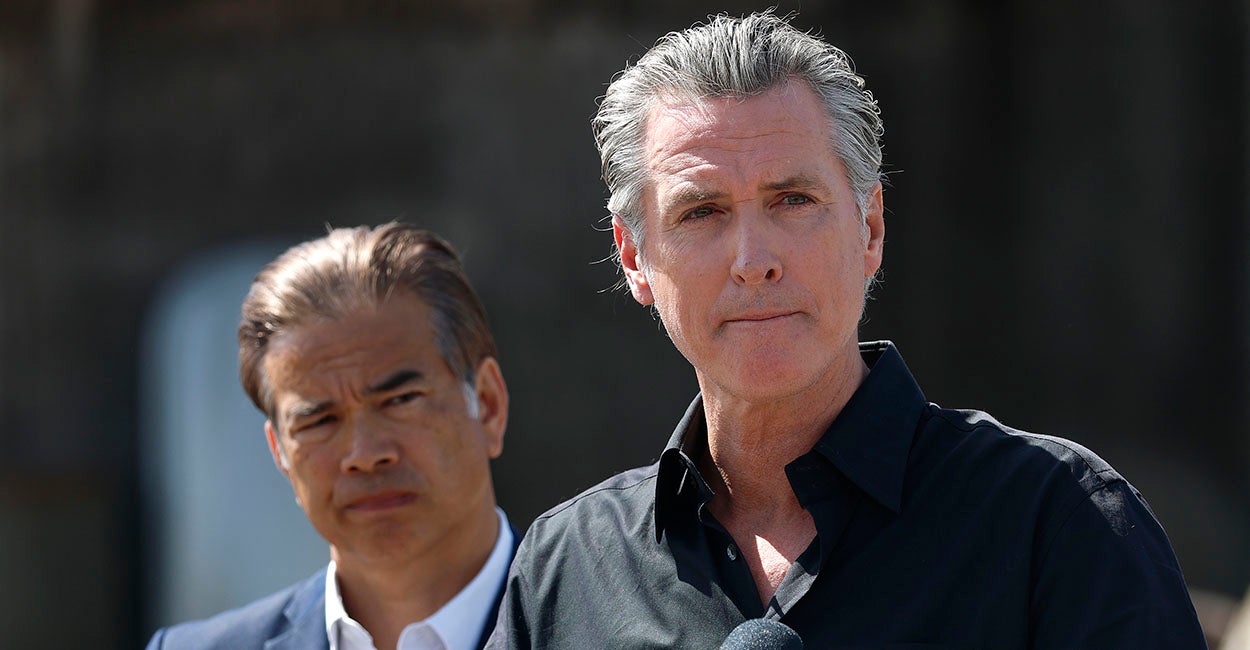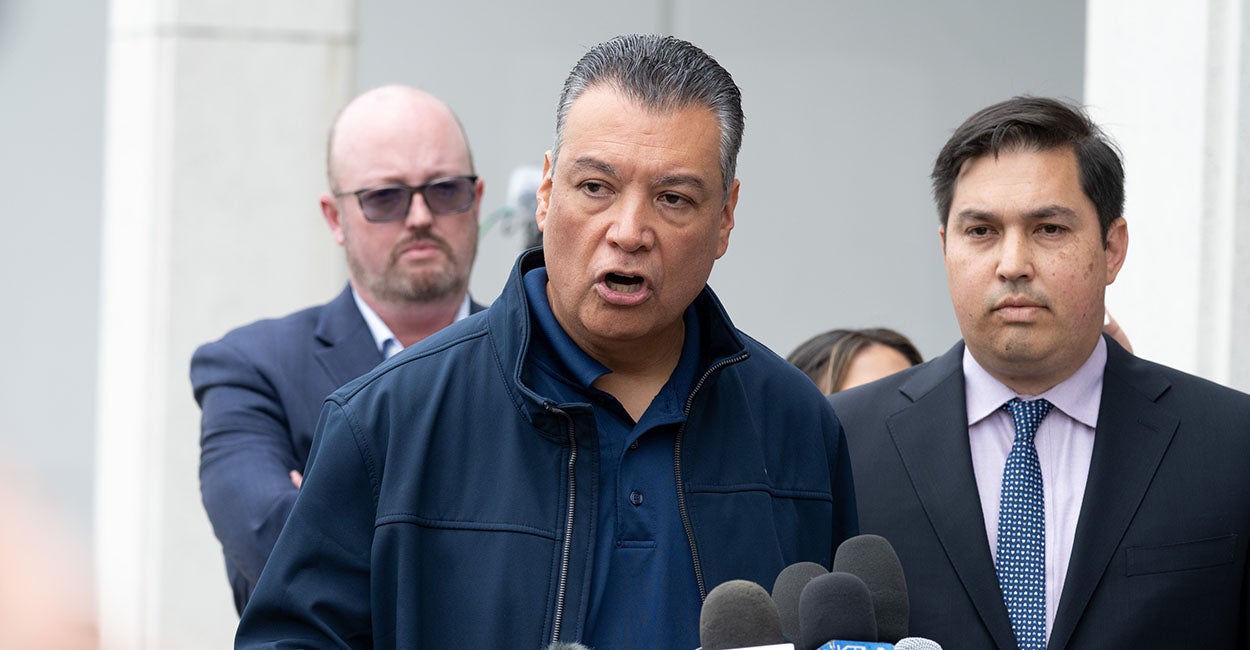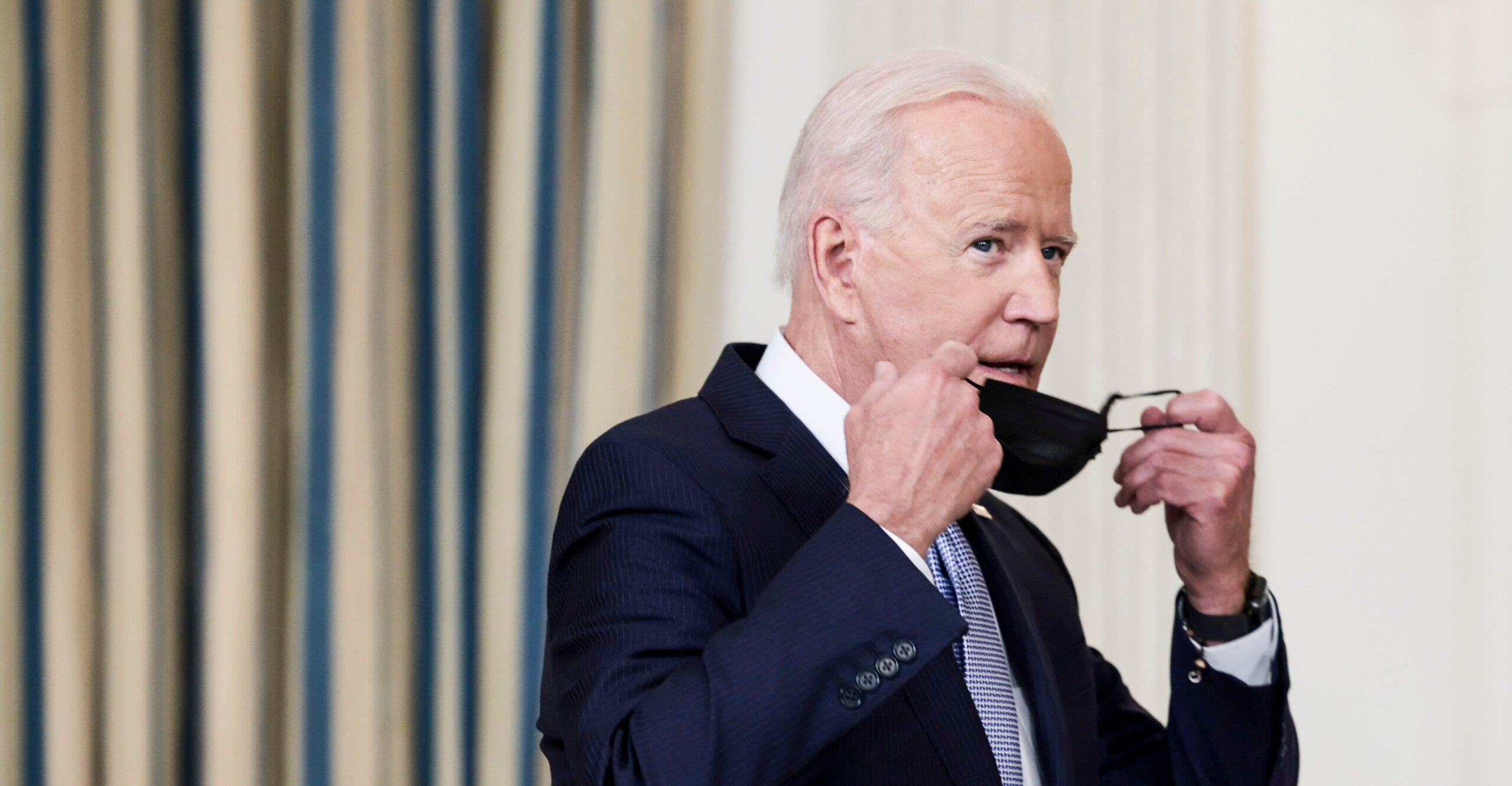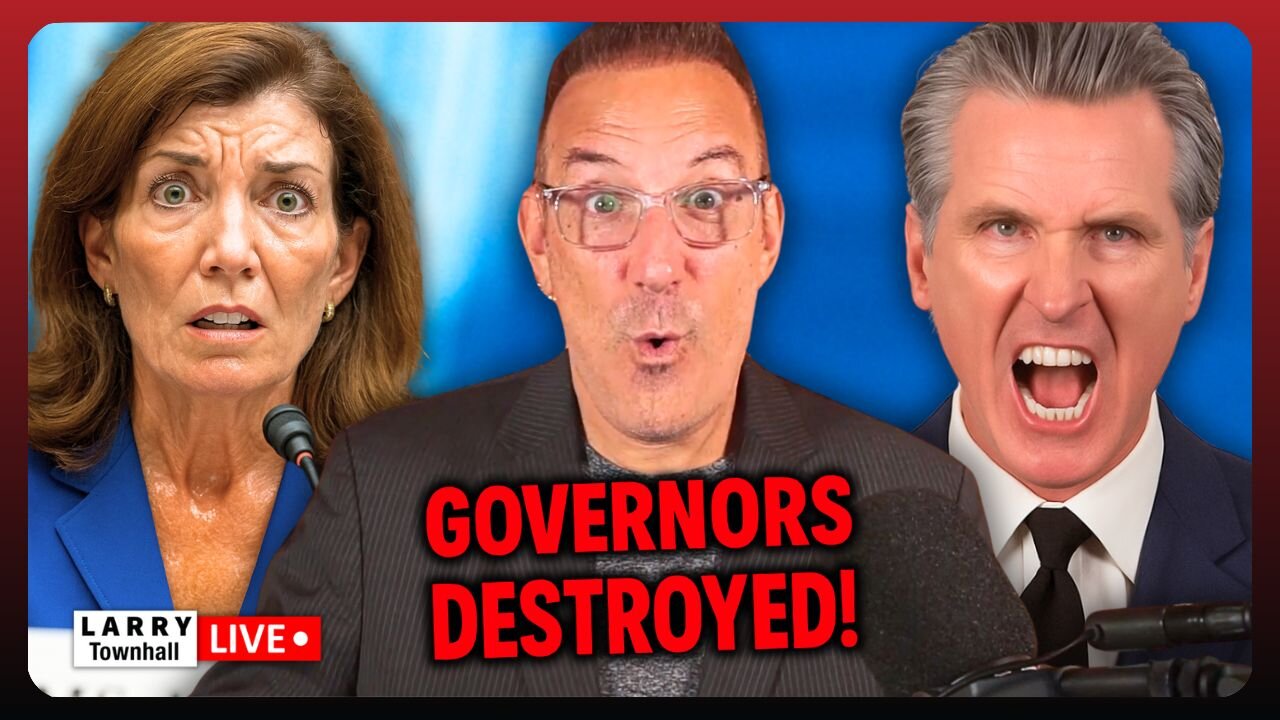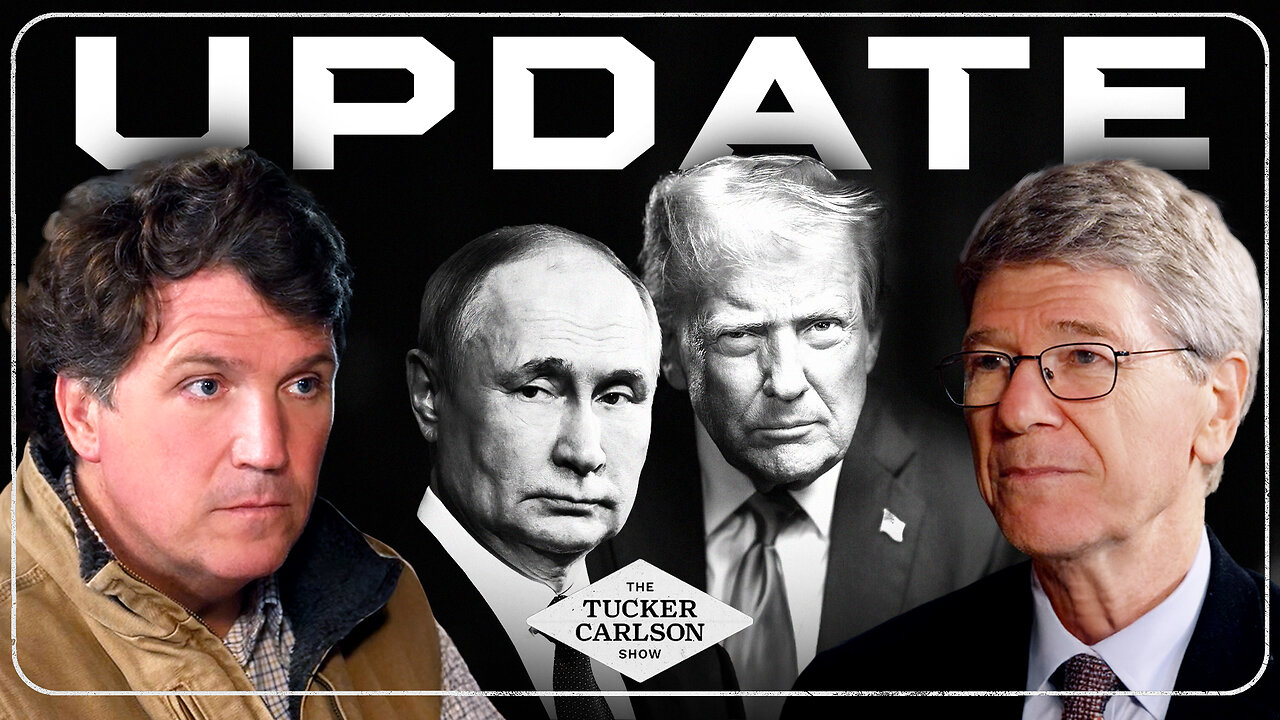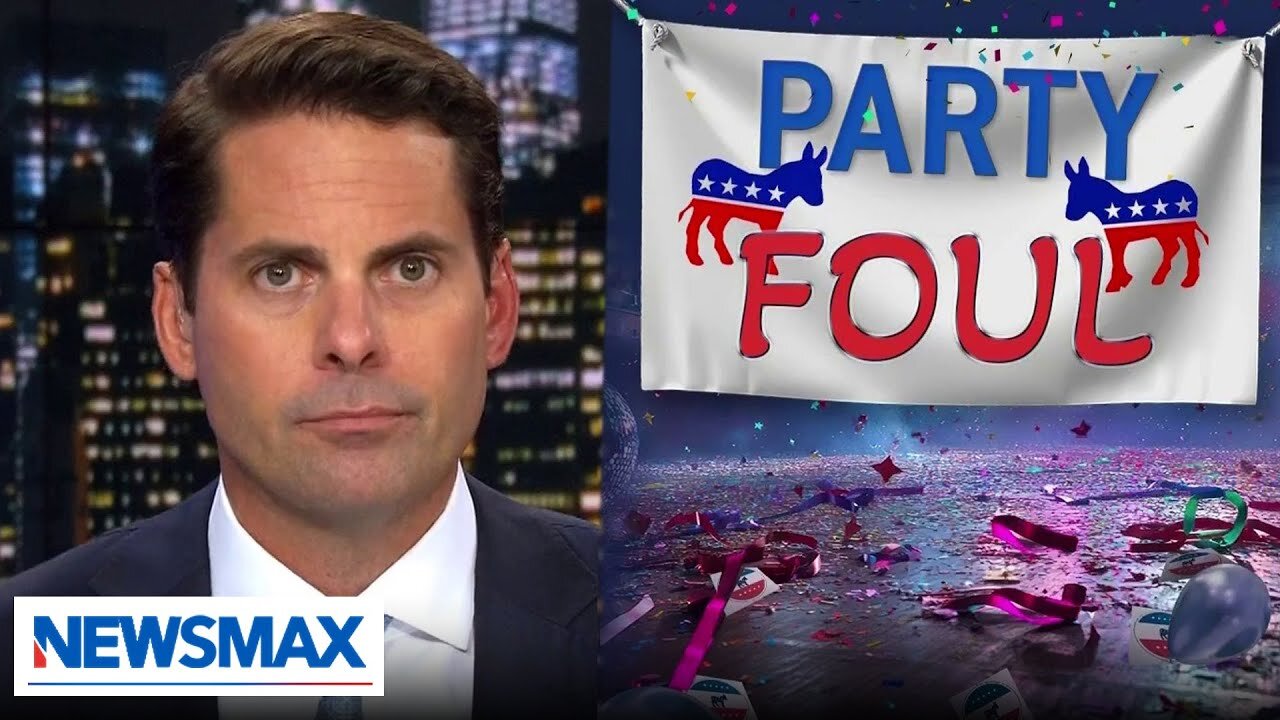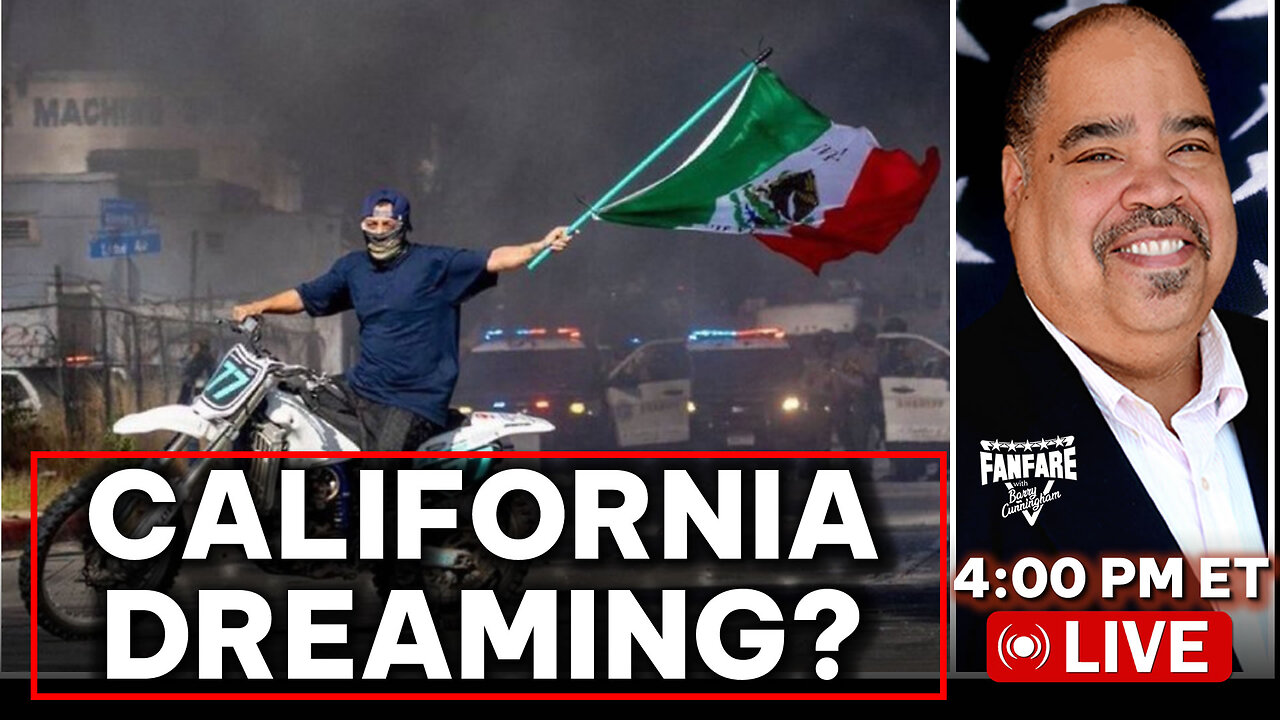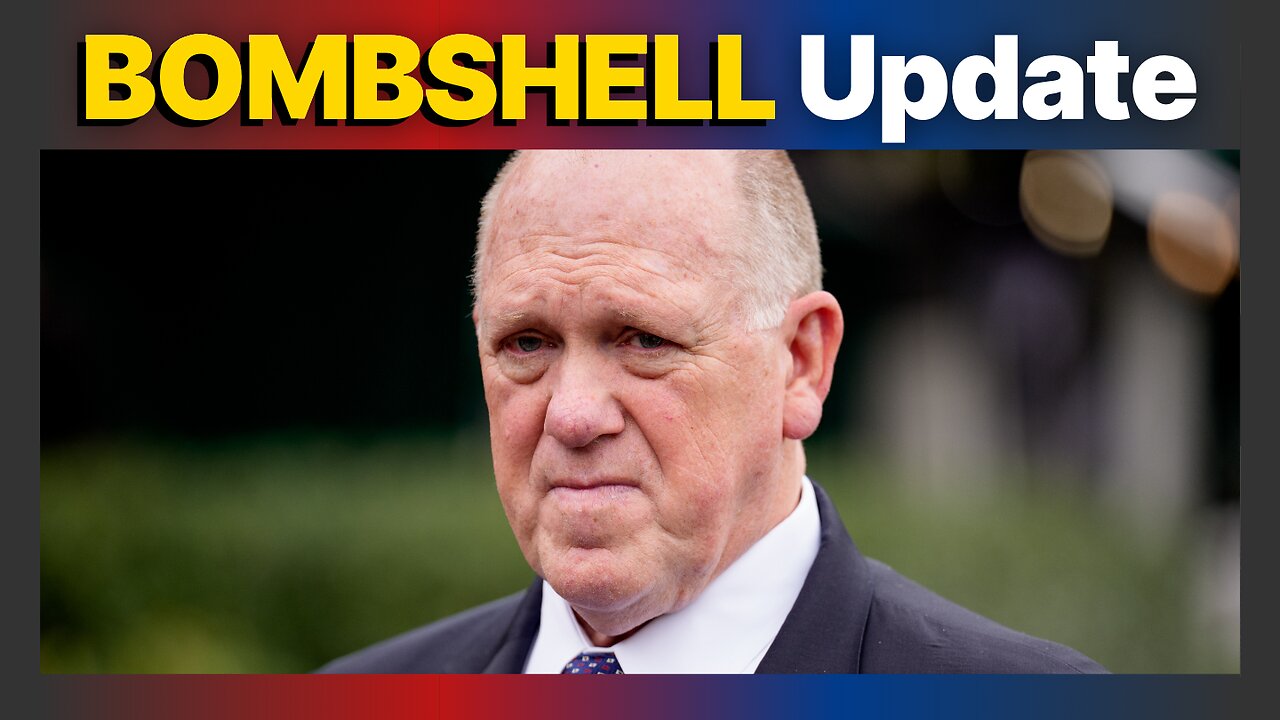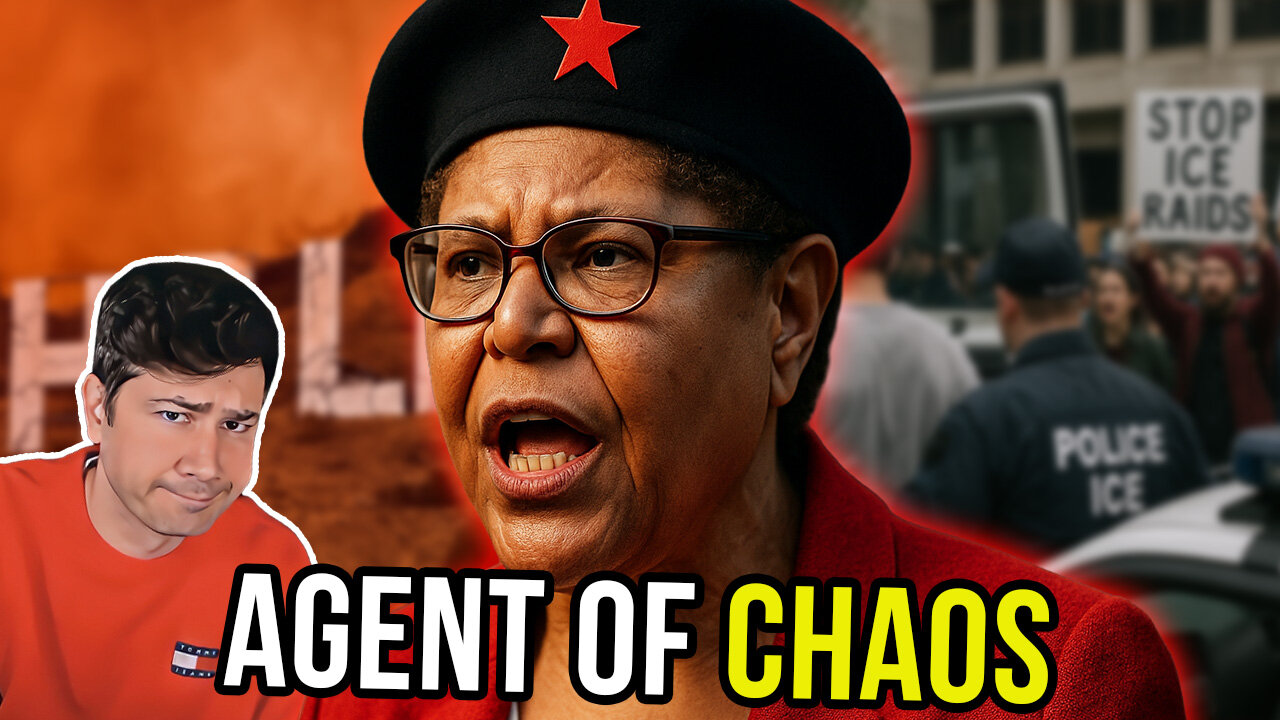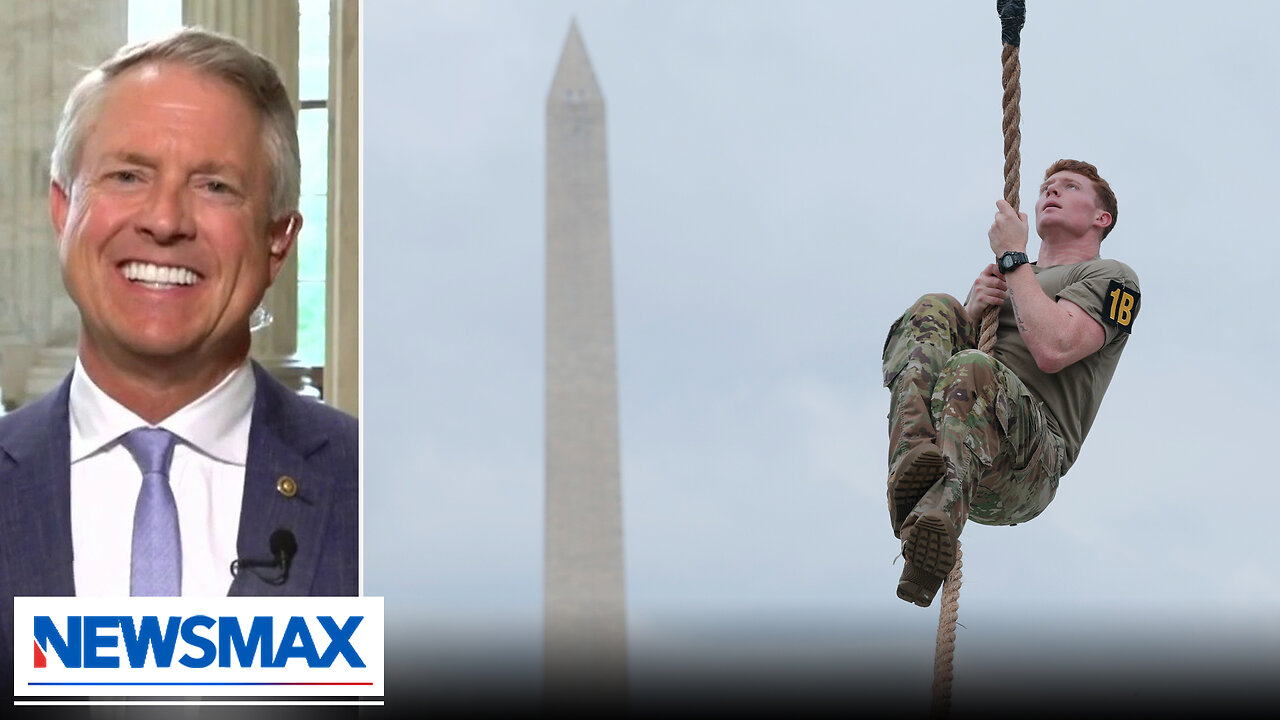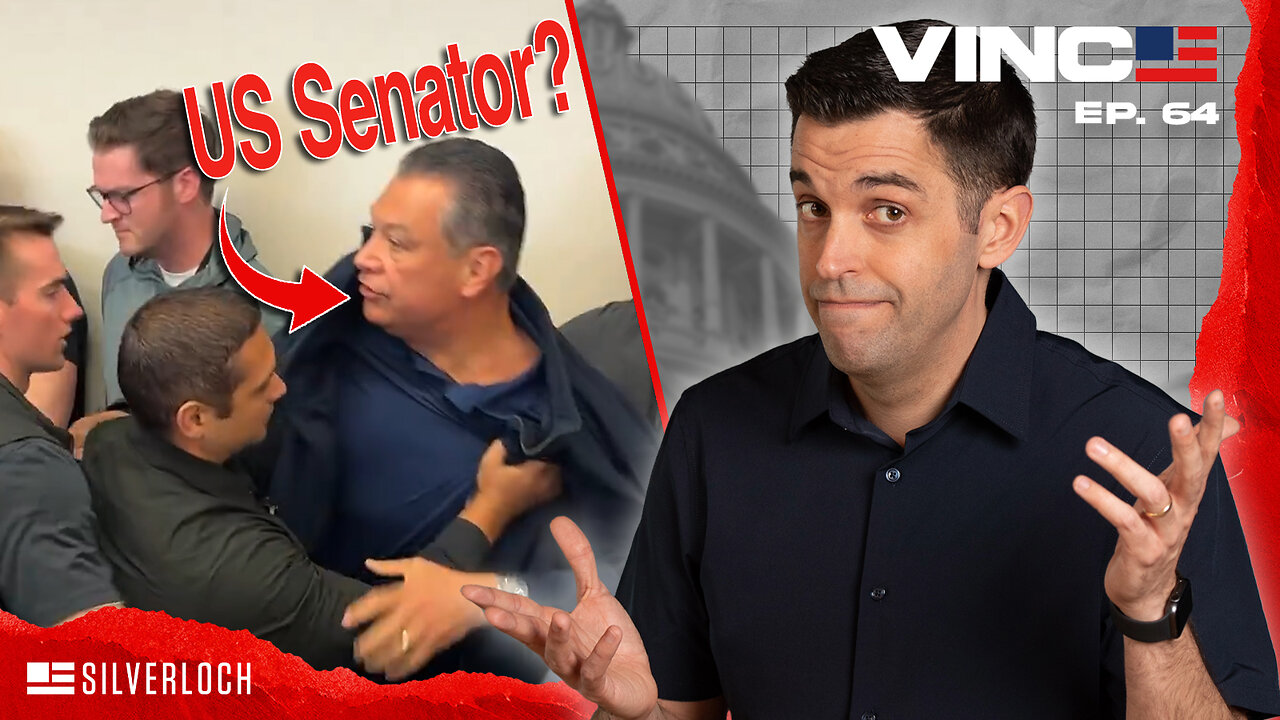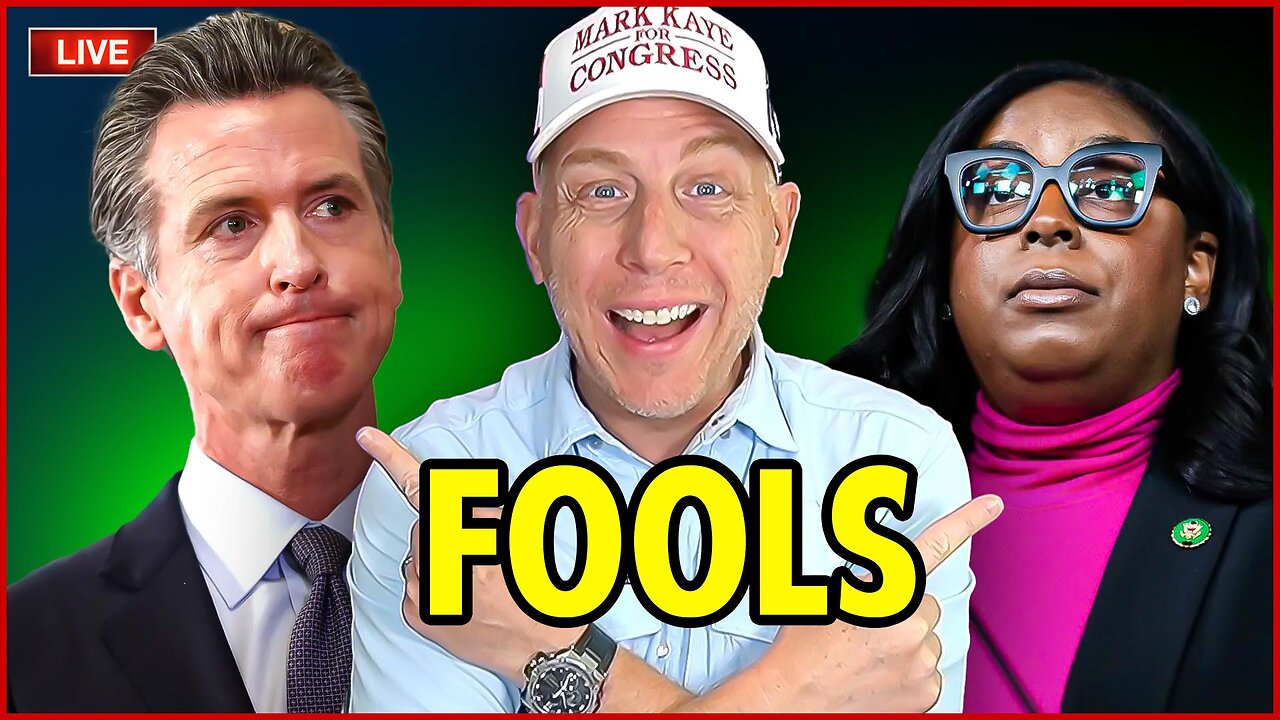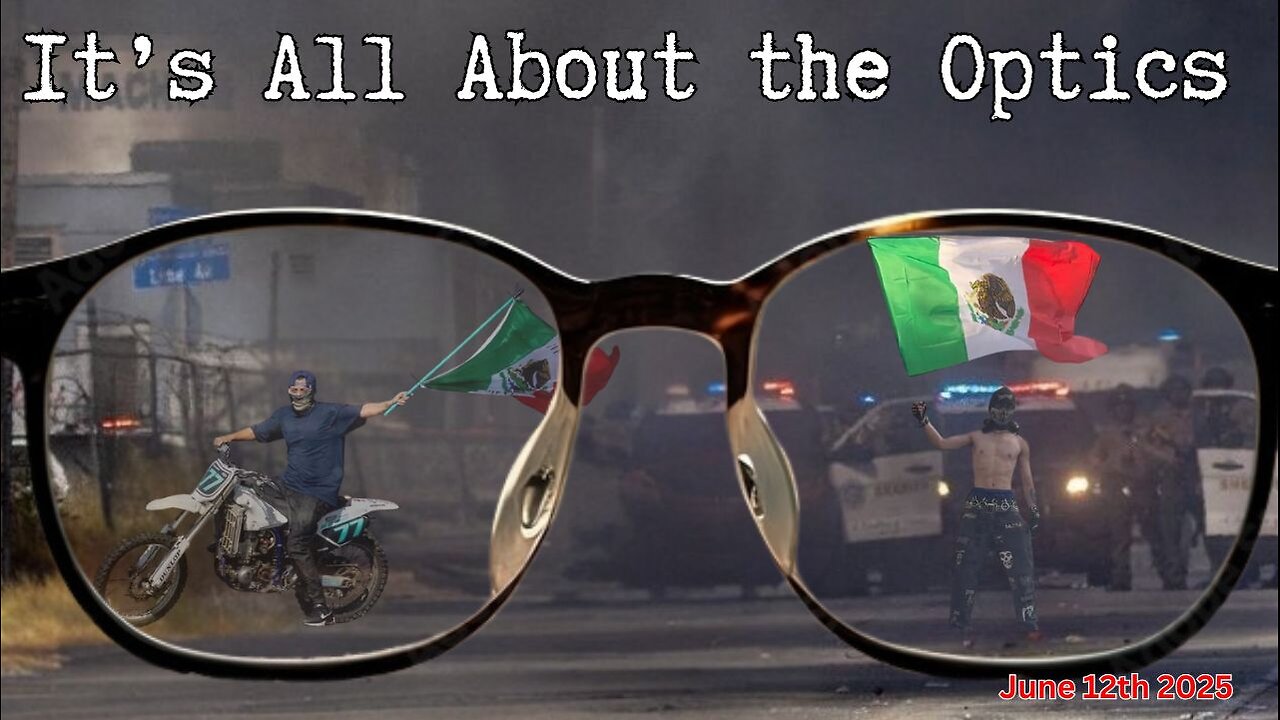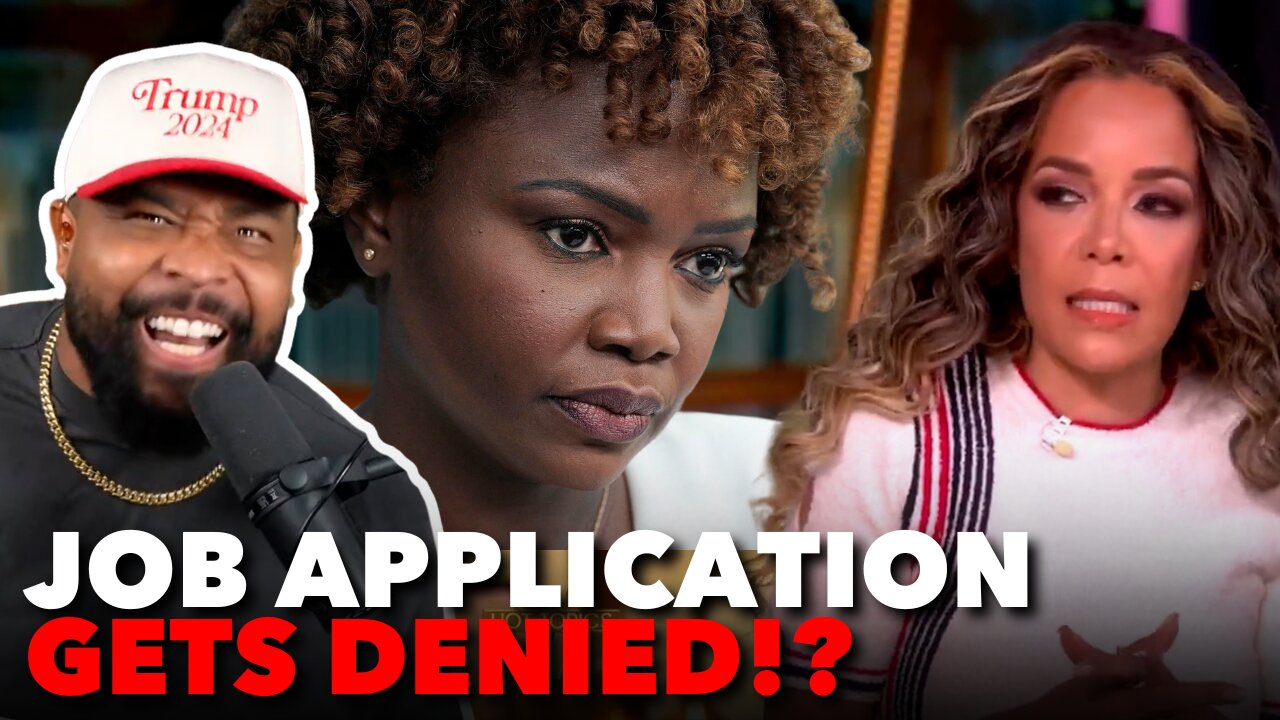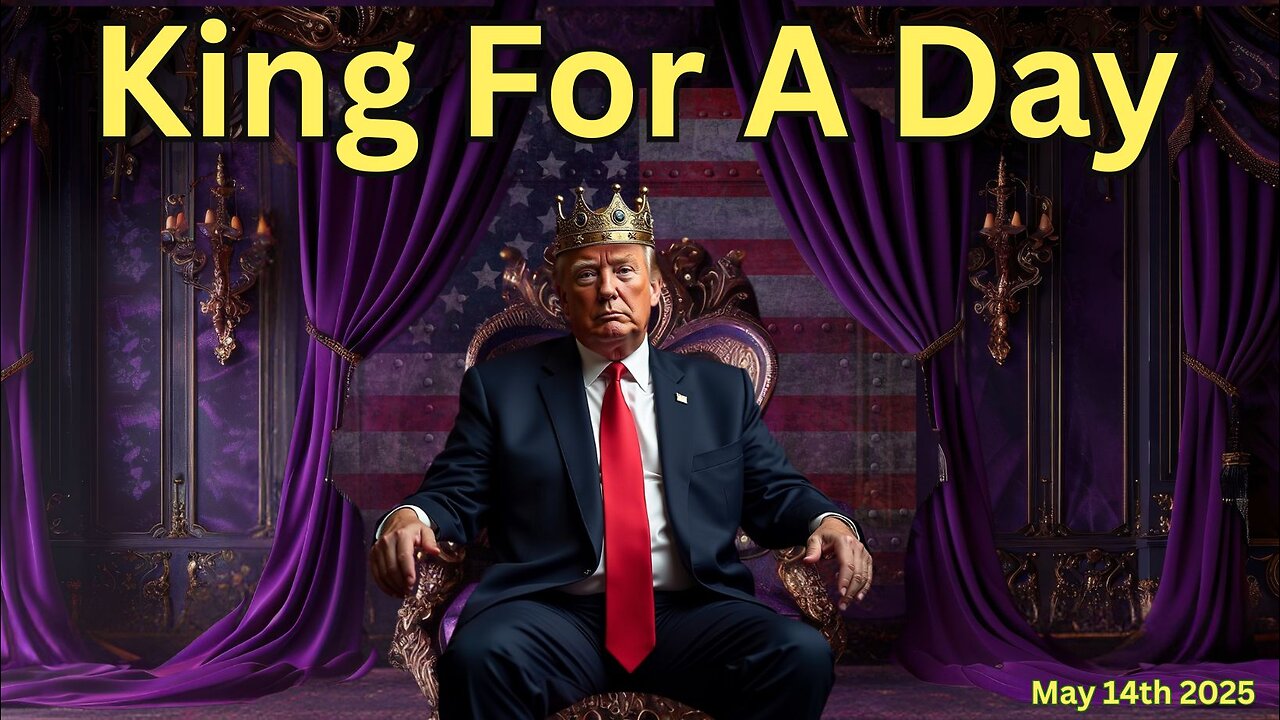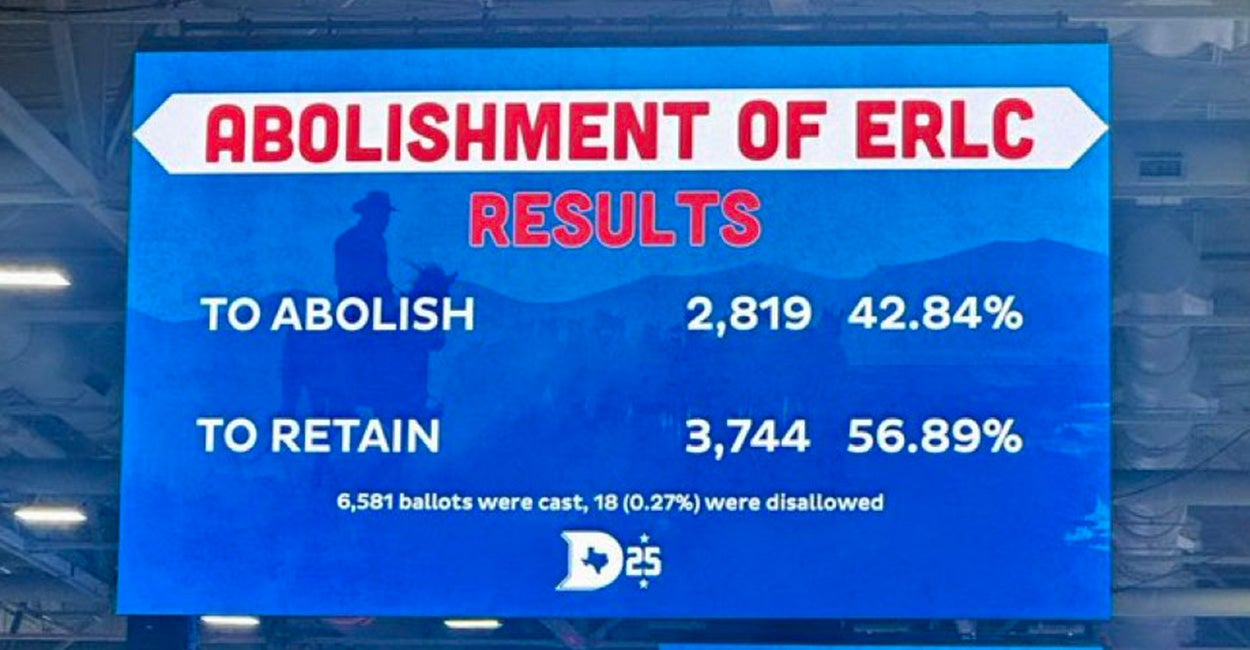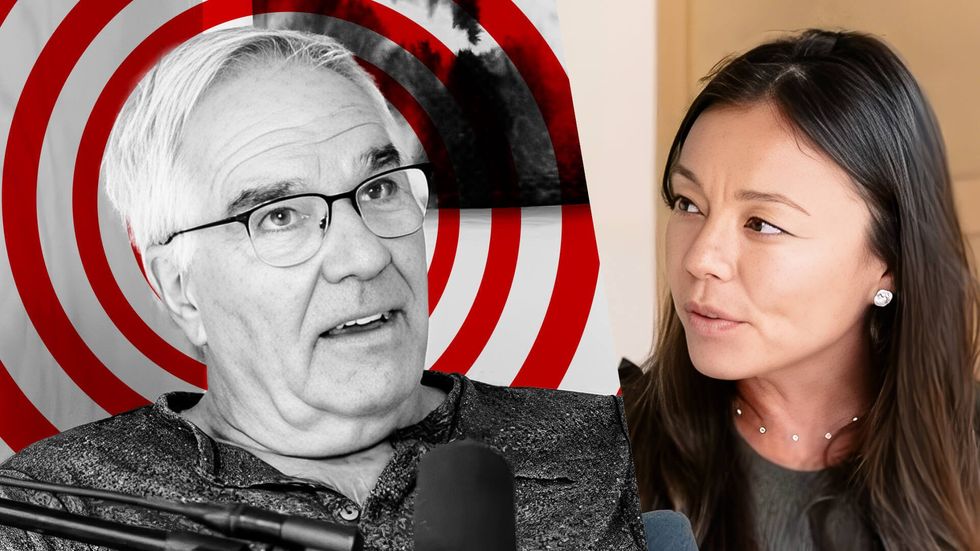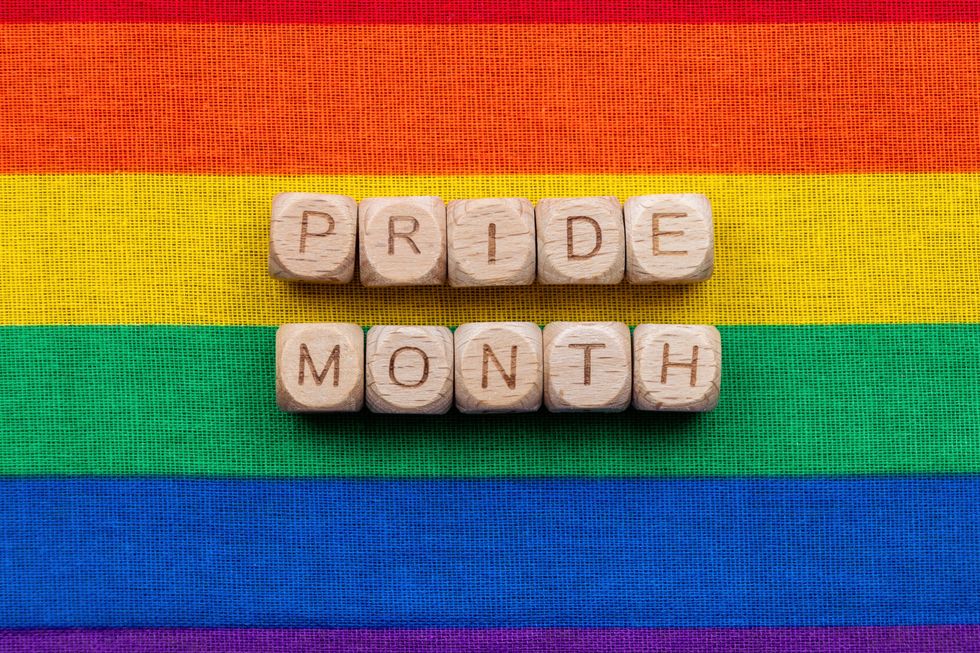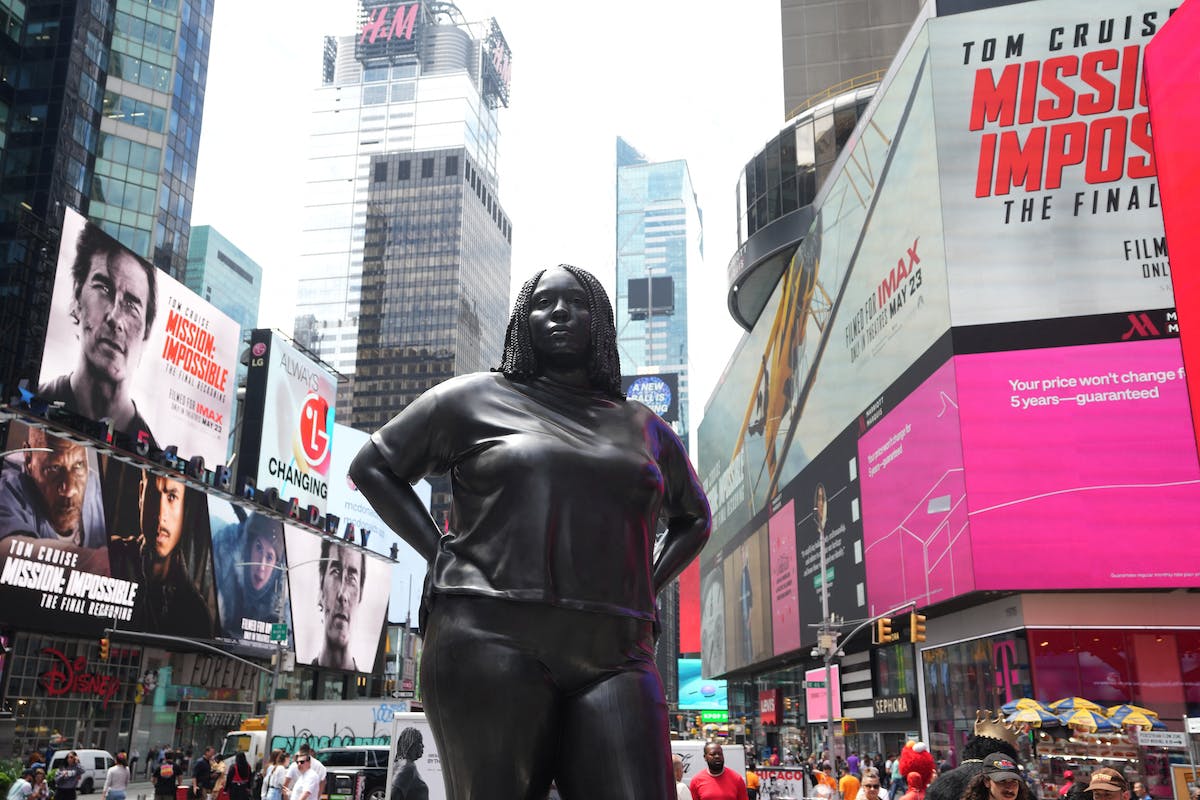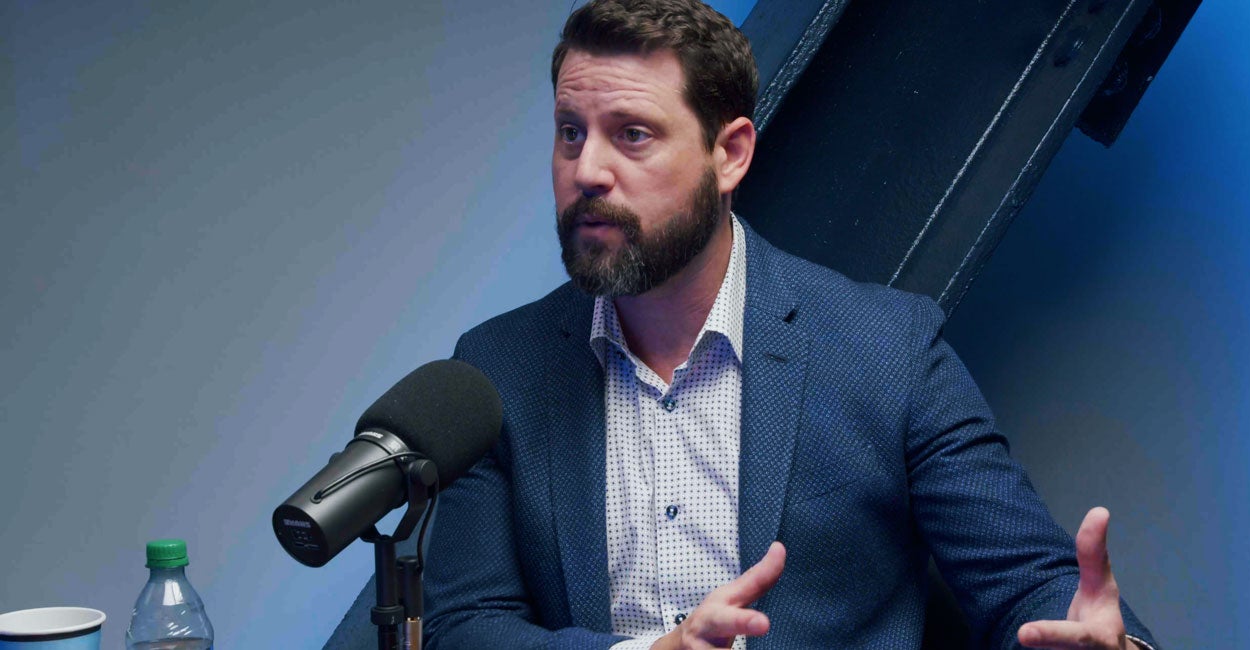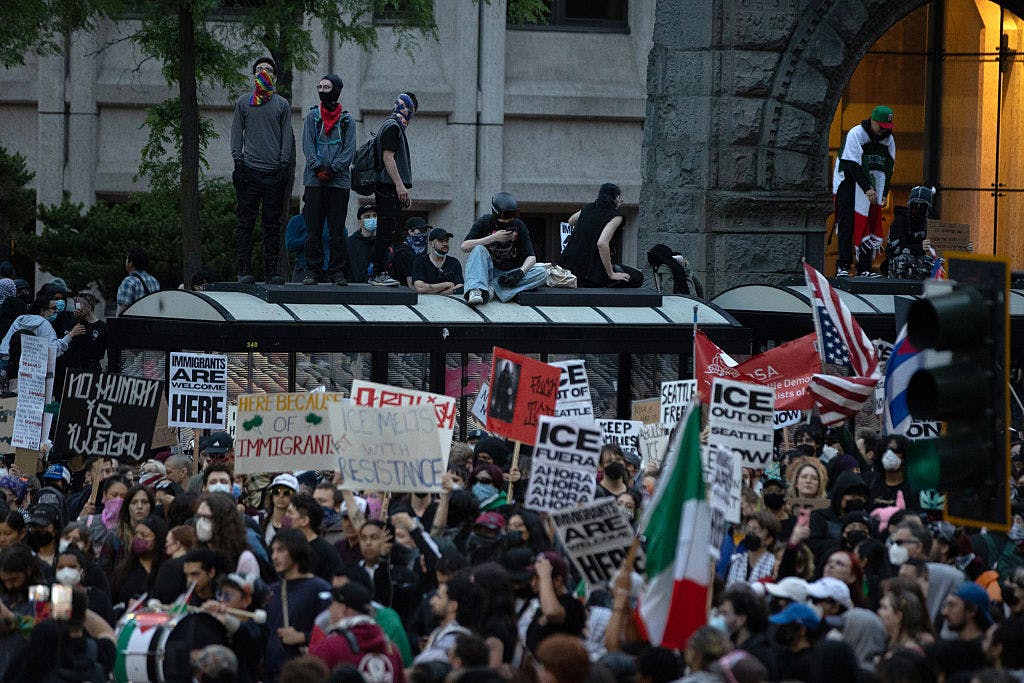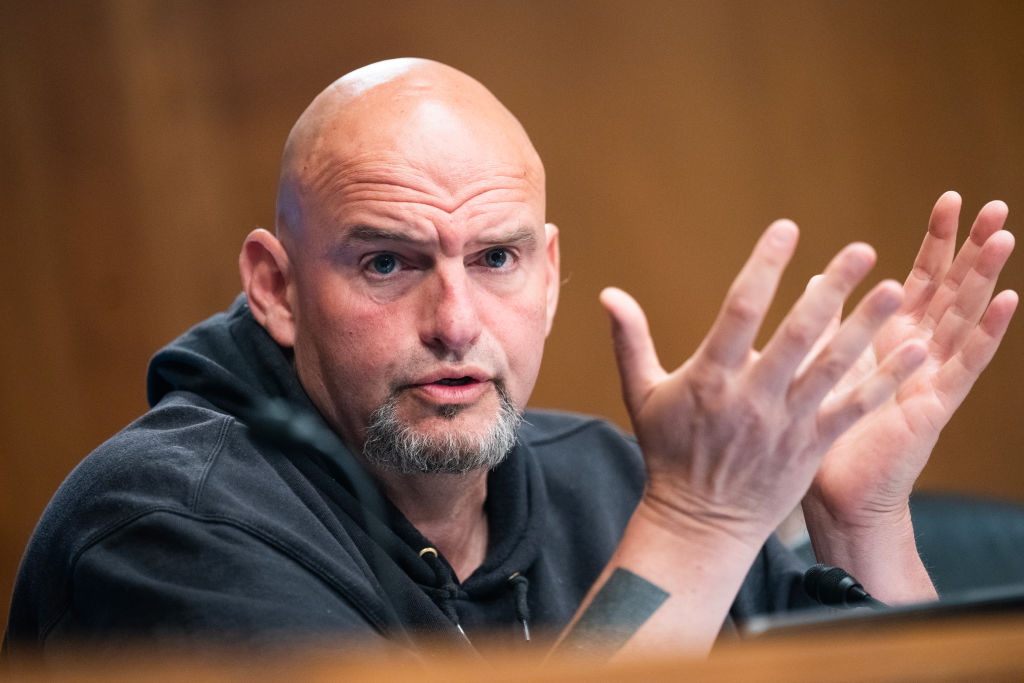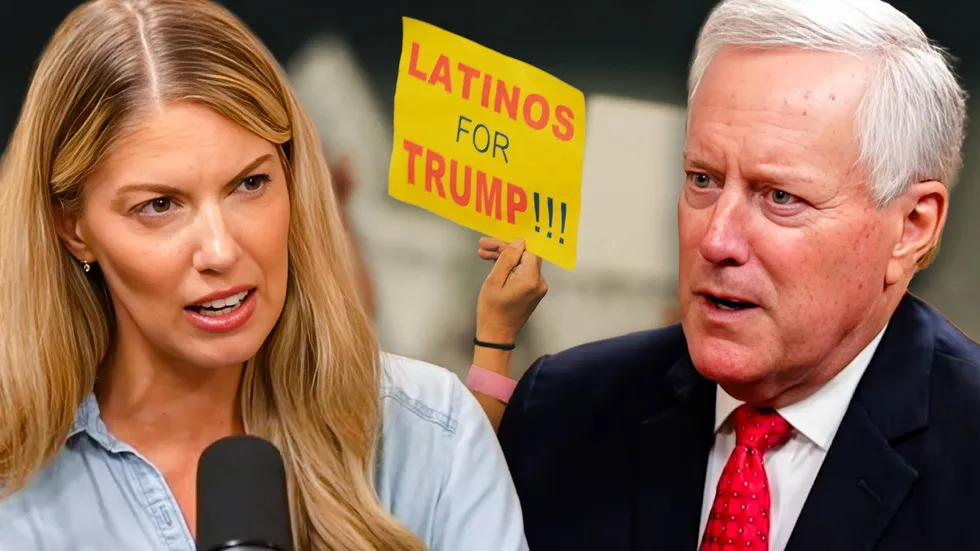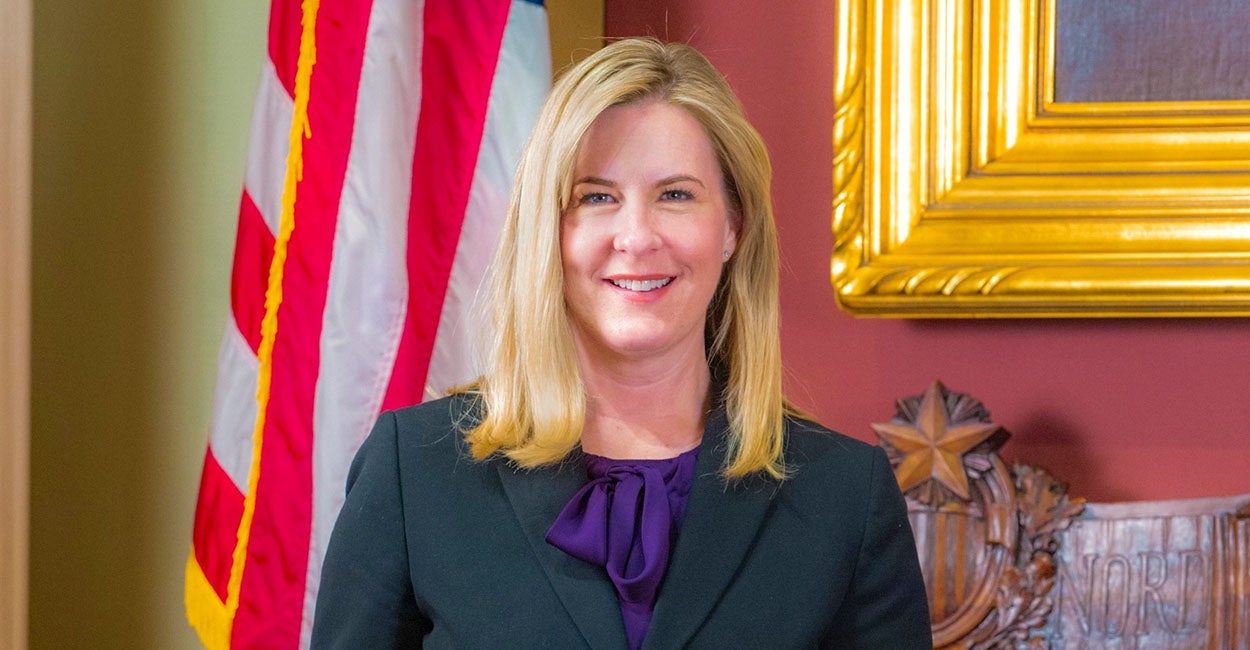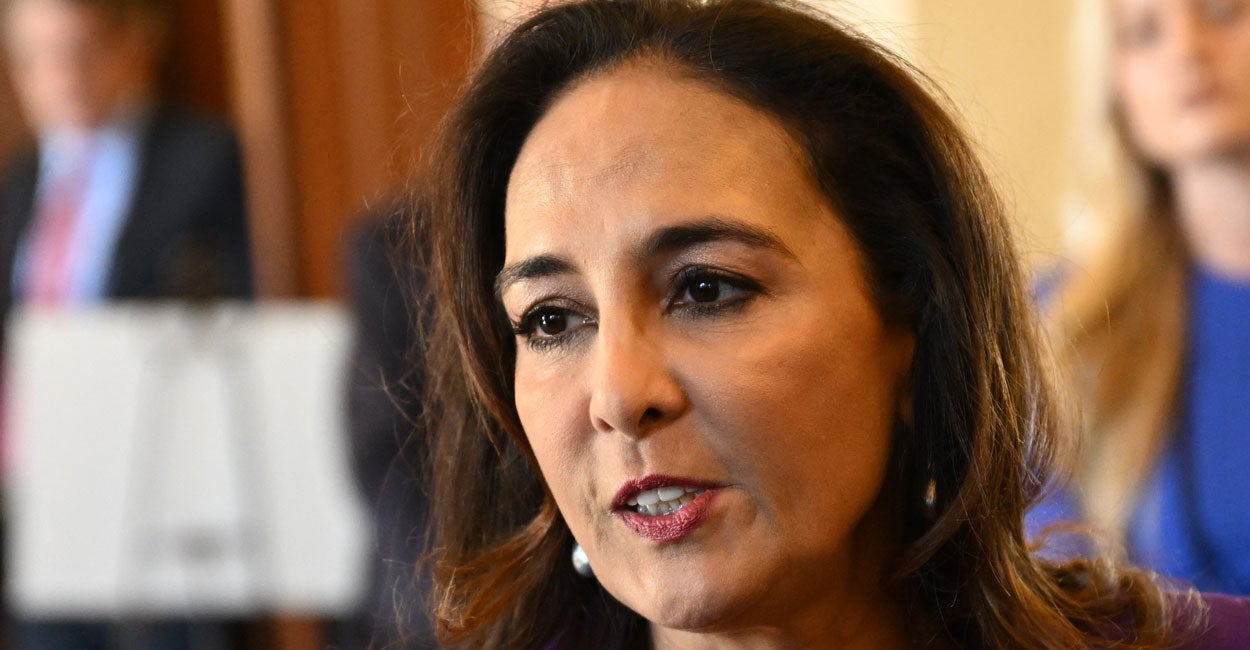Can counselors legally free people trapped by LGBT feelings? Supreme Court pushed to get involved



For a number of years already, state and local governments that abide by the leftist ideology found in the LGBT movement have tried to promote their beliefs by censoring ideas that contradict.
Specifically, they’ve labeled ordinary talk therapy delivered by counselors to patients who want to rid themselves of various LGBT ideologies as “conversion” therapy and banned it, despite the fact that infringes on the First Amendment’s protection of free speech.
They demand that pro-LGBT counseling is acceptable, but anything that contradicts the ideology must be banned.
Multiple court cases have been filed over the fight, and the decisions have been inconsistent. Some leftist judges have ruled that such speech can be banned; others have said it’s protected.
What’s been missing so far is a definitive ruling from the U.S. Supreme Court that protects the speech rights of those who don’t support LGBT indoctrination.
There’s now an opportunity for that to happen.
It is Liberty Counsel, which successfully has defeated a number of those speech restrictions in court, that has filed a brief with the high court urging a review of the Chiles v. Salazar case, which involves “a Colorado law that violates the free speech of licensed counselors who help clients deal with unwanted gender confusion or same-sex attractions,” Liberty Counsel’s report said.
That leftist state’s law bans “any counseling that might help minors change their behaviors, sexual orientation, or gender expressions even when the client wishes to do so,” the report said.
The case at issue involves professional counselor Kaley Chiles who is subject to the state’s First Amendment-violating ban on certain words during counseling sessions.
The 10th U.S. Circuit Court of Appeals, an often-overturned court reflecting the leftism common in Colorado and Denver, claimed in a recent decision that talk counseling is “professional conduct,” subject to being banned, and not “speech.”
That’s even though talk therapy in a counseling session is “made up entirely of speech.”
Liberty Counsel noted the fight has been brewing “for more than 10 years with four different appeals courts currently divided 2-2 over whether counseling bans are valid.”
The Ninth circuit affirmed California’s speech ban, while rulings from the Third and Eleventh Circuits simply said speech is speech and speech counseling is protected by the First Amendment.
The high court so far has not taken up any of those cases, but, Liberty Counsel pointed out, “Justices Clarence Thomas, Samuel Alito, and Brett Kavanaugh all indicated that they would have heard a similar challenge.”
Thomas called the censorship schemes viewpoint “discrimination in its purest form.”
Liberty Counsel’s brief explains talk therapy is protected by the First Amendment, “unlike invasive medical procedures involving drugs and surgeries.”
The case at hand charges that the state is violating Chiles’ constitutional rights by “by preventing her from helping those who are struggling with gender confusion, same-sex attractions and unwanted behaviors.”
Liberty Counsel chief Mat Staver said, “Talk therapy is speech, and the government has no authority to restrict that speech down to just one viewpoint. The U.S. Supreme Court can take this case and render Colorado’s ban on therapeutic counseling unconstitutional. In doing so, all counseling bans nationwide can then be struck down and people can get the counseling they need. Counselors and clients should have the freedom to choose the counsel of their choice and be free of government censorship.”
In a previous report by the Daily Signal, it was documented in a study by Father Paul Sullins, a Roman Catholic priest, senior research associate at The Ruth Institute, and former sociology professor at Catholic University, that such censorship is dangerous.
The report explained he found, “Not only is there no evidence that efforts to change sexual orientation, which Sullins refers to by the acronym SOCE, increase the risk of suicide among those who identify as lesbian, gay, or bisexual. There also is evidence that such efforts actually decrease the risk of suicide or thoughts of suicide among them.”
What's Your Reaction?
 Like
0
Like
0
 Dislike
0
Dislike
0
 Love
0
Love
0
 Funny
0
Funny
0
 Angry
0
Angry
0
 Sad
0
Sad
0
 Wow
0
Wow
0
